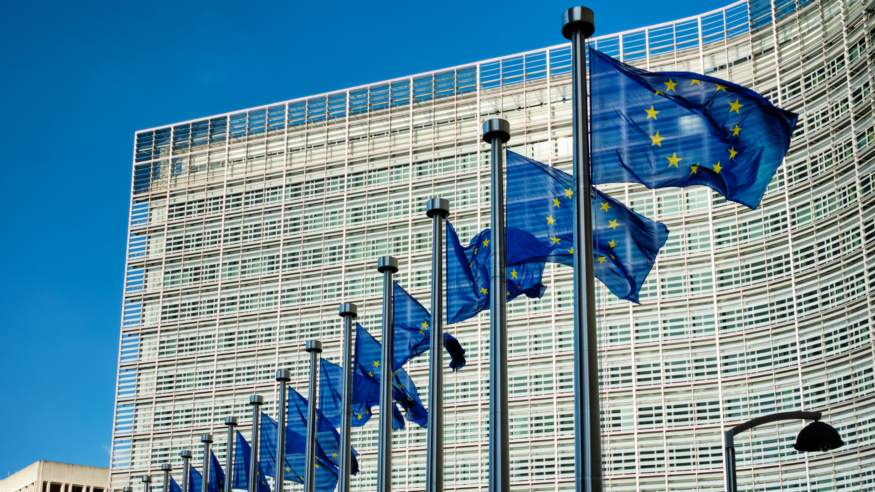At the end of 2022, further adjustments to the tax rules in the EU will take place as part of the EU’s “VAT in the digital age” initiative.
This further development of the rules means that tax administrations will increasingly use digital technologies to more effectively combat tax fraud, reduce administrative burdens and lower the cost of tax obligations for businesses. These concerns VAT reporting obligations, electronic invoicing, the VAT treatment of digital platforms (marketplace liability), and a uniform EU VAT registration (one-stop-shop).
The EU Commission is pursuing a uniform framework for VAT reporting obligations and a legal basis for mandatory electronic invoicing. The initiative entitled “VAT in the Digital Age” and the eighth version of the Directive on Administrative Cooperation – DAC-8 (information on the predecessor Directive DAC-7) – were originally to be presented on 16 November 2022. However, this was postponed to 7 December 2022.
One reason the EU Commission’s VAT measure was delayed was the recent unveiling of crypto reporting rules by the OECD. These rules are known as the Crypto-Asset Reporting Framework (CARF), but they are still discussed. As the CARF is to be considered in the DAC-8 directive, they are still waiting to be finalised.
The CARF ensures that crypto assets are not used for illegal purposes like tax evasion. Through the annual automatic exchange of information with taxpayers’ countries of residence, the cryptocurrency reporting framework could help achieve transparency in crypto transactions.
As soon as the final version of the DAC-8 directive is fixed, you will find out everything about the details and the substantial impact on cross-border trade here. Comprehensive information on VAT can be found here.
Source: https://www.vatcalc.com/blog/







